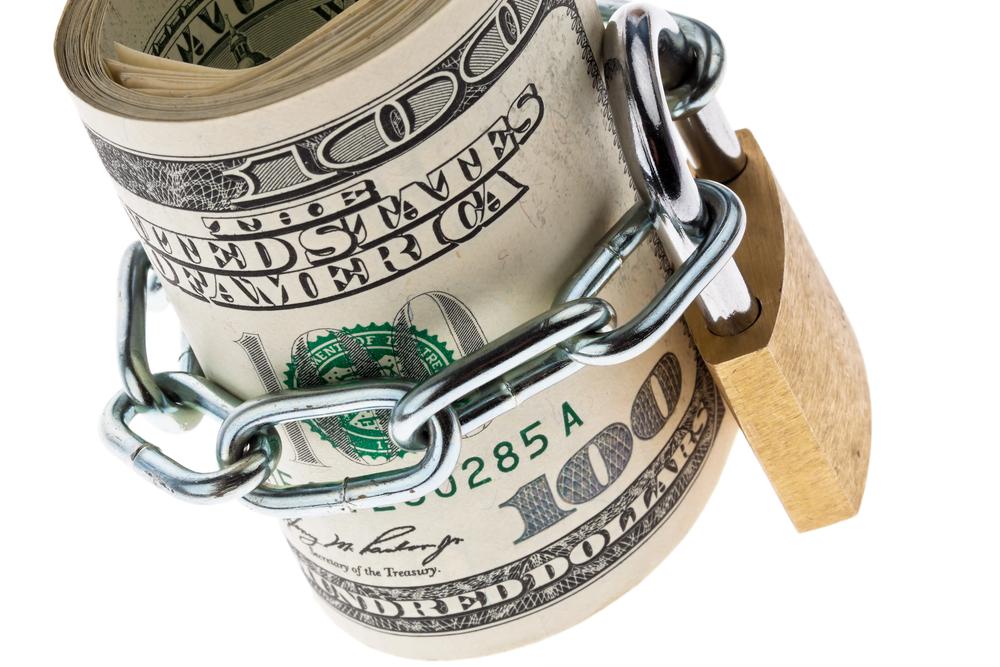Effective Techniques to Reduce Bank Fees and Maximize Savings
Learn over fifteen practical and effective strategies to minimize bank fees and expenses. From maintaining minimum balances to utilizing digital banking, this comprehensive guide helps you save money while enjoying full banking services. Implement these tips to enhance your financial health and reduce unnecessary costs effortlessly.

Effective Techniques to Reduce Bank Fees and Maximize Savings
Managing your finances effectively involves understanding and minimizing the various bank charges that can quietly eat into your savings. Although bank fees are part of the typical cost of banking services, unnecessary or overlooked charges can significantly impact your budget over time. Many account holders are unaware of certain fees that are deducted without explicit notice, leading to unexpected expenses. To help you protect your hard-earned money and enhance your financial health, this comprehensive guide explores over fifteen practical strategies to cut down on bank-related expenses. Implementing these tips can lead to substantial savings, ensuring your banking costs are kept to a minimum while still enjoying the benefits of modern banking services.
Maintain the Minimum Balance to Avoid Penalties
One of the most common reasons for incurring additional bank fees is failing to meet the required minimum balance in your account. Many banks stipulate a specific balance to be maintained, and falling below this threshold often triggers penalty charges. To prevent this, regularly monitor your account balance and set up alerts if your balance approaches the minimum limit. Keeping a buffer above the minimum ensures you avoid accidental overdrafts and associated penalties. Additionally, opting for accounts that lower or eliminate minimum balance requirements can be a game-changer, especially for students, retirees, or individuals with irregular income streams. Financial institutions also offer various account types tailored for low-balance holders, so choosing the right one will aid in cost reduction and financial flexibility.
Make Deposits Yourself to Avoid Extra Charges
In some cases, banks levy fees if deposits are made through third-party channels or automated systems that are not directly linked to your account holder. To avoid these unnecessary charges, always deposit funds personally at your local branch when possible. In addition to preventing extra fees, direct deposits give you better control over your transactions and help ensure timely updates to your account balance. Modern banking apps also enable you to deposit checks remotely, reducing the need for physical visits while still maintaining low-cost transactions. Always verify the fees associated with different deposit methods with your bank to select the most economical approach tailored to your needs.
Utilize Bank's ATMs for Cash Withdrawals
ATM withdrawal fees can be surprisingly high, especially when using out-of-network machines. To minimize these costs, make a habit of using your bank’s designated ATMs for cash withdrawals. Many banks partner with networks to offer free or discounted withdrawals, which can save you noticeable amounts over time. If you frequently withdraw cash, consider planning your trips to include larger amounts per withdrawal, as multiple smaller transactions can accumulate hefty fees. Additionally, some banks offer accounts with free ATM withdrawals or reimbursements of out-of-network charges as perks for premium account holders. Keep an eye on such options when selecting or upgrading your account to maximize cost savings.
Stay Informed on Special Offers and Promotions
Banks regularly run promotional campaigns offering benefits like waived account maintenance fees, free debit card usage, or zero-balance account options. To capitalize on these, register your contact details with your bank and stay updated on upcoming offers. Subscribing to newsletters or following your bank’s social media channels can also provide timely information on exclusive deals. These promotions are often seasonal or targeted and can significantly reduce your banking expenses if you act swiftly. Always review the terms and conditions of these offers to ensure they align with your banking habits and financial goals.
Switch to Digital Banking for Cost Efficiency
One of the most effective ways to cut banking costs is to embrace digital banking services. Online banking eliminates the need for paper statements, checkbooks, and costly branch visits. Most financial institutions offer free electronic statements, which not only save money but also contribute to environmental sustainability. Additionally, digital banking provides instant transfer capabilities, bill payments, and account management options that are more affordable and convenient than traditional methods. Utilizing mobile banking apps allows you to keep track of your finances in real-time, check for suspicious activity, and avoid unnecessary fees associated with paper-based processes.
Limit Excessive Cash Withdrawals and Transactions
Frequent cash withdrawals can lead to accumulated fees, especially if your bank charges per transaction or for over-the-counter withdrawals. Plan your withdrawals strategically—combine multiple cash needs into fewer, larger withdrawals instead of multiple small ones. Moreover, many banks offer loyalty rewards or reduced fees for customers who limit their cash transactions or maintain higher account balances. By reducing the number of transactions, you not only save on fees but also improve your financial discipline. Consider setting a weekly or monthly withdrawal limit to prevent overspending and unexpected charges.
Manage International Transactions Carefully
International transactions are fraught with potential hidden fees, including currency conversion charges, wire transfer fees, and foreign transaction levies. If you frequently shop online or travel abroad, opt for banking products with favorable foreign exchange rates and minimal transaction fees. Some banks offer specialized accounts designed for international banking, which can significantly cut costs. When making online international purchases, look for local or regional providers that avoid costly currency conversions and shipping fees. Also, consider using credit cards with no foreign transaction fees to maximize savings during overseas expenses.
Link Family Accounts for Better Discounts
If you manage a family or household, linking multiple accounts can unlock a series of benefits, including lower combined fees, free transactions, and shared rewards. Many banks incentivize family account linking by offering no-cost joint accounts or preferential interest rates. This approach simplifies managing multiple accounts under one umbrella, reduces the per-account costs, and strengthens your overall financial management. Consult with your bank about family account options and take advantage of bundled services to maximize your savings and streamline your banking experience.
Keep Up with Banking Trends and News
Financial technology is continually evolving, and staying informed can help you learn about new fee waivers, special promotions, or innovative banking tools that can save you money. Follow your bank’s social media channels, subscribe to newsletters, and regularly check financial news sources to stay ahead. Banks often announce new fee reductions, enhanced low-cost services, or special campaigns through these channels. Being proactive can enable you to adapt your banking habits swiftly to take advantage of cost-saving opportunities as they arise.
In conclusion, reducing banking fees requires awareness, strategic planning, and a proactive approach. By maintaining minimum balances, choosing the right accounts, leveraging digital services, and staying informed about promotional offers, you can significantly decrease your bank-related expenses. These practices not only protect your finances but also empower you to make smarter money management decisions in an increasingly digital banking world.





